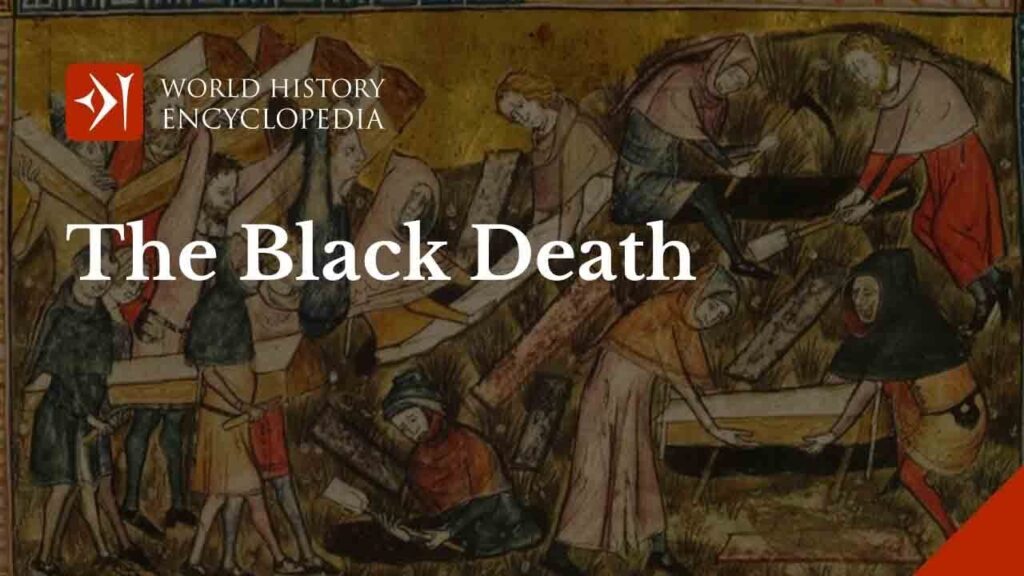Pandemics, widespread outbreaks of infectious diseases, have been a recurring and devastating force throughout human history. In this post, we explore the effects of Pandemics on Human History.

More than just medical crises, they have acted as powerful catalysts for social, economic, political, and cultural change, leaving an indelible mark on the course of civilization.
Ancient Echoes: From the Plague of Athens to the Antonine Plague
Even in antiquity, pandemics played a significant role. The Plague of Athens (430 BC), described by Thucydides, decimated the Athenian population during the Peloponnesian War, significantly weakening the city-state.

The Antonine Plague (165-180 AD), likely smallpox or measles, swept through the Roman Empire, causing widespread death and contributing to economic and military instability. These early examples demonstrate how disease could disrupt societies, alter power dynamics, and even influence the outcome of wars.
Read Also: Which is Safer to Use Between Centralized and Decentralized Exchanges
The Medieval Scourge: The Black Death and its Aftermath
Perhaps the most infamous pandemic in history is the Black Death (1347-1351), caused by the bacterium Yersinia pestis. This devastating plague wiped out an estimated 30-60% of Europe’s population, with repercussions that reverberated for centuries.

The sudden labor shortage led to significant social and economic changes, including the decline of feudalism and the rise of a more mobile workforce. The Black Death also fueled religious fervor, social unrest, and persecution of minority groups.
The Columbian Exchange: A Devastating Biological Exchange
The arrival of Europeans in the Americas in the 15th and 16th centuries triggered a catastrophic exchange of diseases. Native populations, lacking immunity to European illnesses like smallpox, measles, and influenza, suffered devastating losses. These diseases played a crucial role in the conquest of the Americas, far more effective than any weaponry. The demographic collapse of indigenous populations had profound consequences for the social, political, and economic development of the New World.
The Modern Era: From Cholera to the Spanish Flu
The 19th century saw repeated cholera pandemics, spread by contaminated water. These outbreaks spurred advancements in public health and sanitation, leading to the development of modern sewage systems and water treatment facilities. The understanding of germ theory, pioneered by scientists like Louis Pasteur and Robert Koch, revolutionized medicine and laid the groundwork for modern disease control.
The Spanish Flu (1918-1920), a particularly virulent strain of influenza, infected an estimated 500 million people worldwide and caused tens of millions of deaths. Occurring at the end of World War I, it further destabilized global economies and societies. The pandemic highlighted the importance of international cooperation in addressing global health crises and led to the establishment of international health organizations.
The 21st Century: HIV/AIDS and COVID-19
The late 20th and early 21st centuries have seen the emergence of new infectious diseases, including HIV/AIDS. This pandemic has had a profound impact on global health, particularly in sub-Saharan Africa. It has also led to significant advancements in antiviral therapies and raised awareness about the importance of public health education and prevention.
The COVID-19 pandemic, beginning in 2020, has once again demonstrated the devastating impact of infectious diseases on a global scale. It has disrupted economies, strained healthcare systems, and profoundly altered daily life. The pandemic has also accelerated the development of new technologies, such as mRNA vaccines, and highlighted the interconnectedness of the world.
Lessons Learned and the Future of Pandemics

Throughout history, pandemics have served as harsh reminders of our vulnerability to infectious diseases. They have forced societies to adapt, innovate, and confront fundamental questions about public health, social responsibility, and global cooperation.
Conclusion
The lessons learned from past pandemics are crucial for preparing for future outbreaks. Investing in public health infrastructure, promoting scientific research, fostering international collaboration, and improving communication strategies are essential for mitigating the impact of future pandemics. Understanding the historical context of pandemics is crucial for navigating the challenges of the present and building a more resilient future.


